Lycopene is a potent antioxidant found in abundance in the bright red fruit of the humble tomato. Thought to be one of the key reasons that the Mediterranean diet is so healthy, it’s not only good for your body but great for your heart and gut too. Here are just some of the tomatoes that contain the highest levels of lycopene.
Inspired to grow more nutrient-rich fruit and veg? Browse our full range of tomato seeds to find exciting new varieties and traditional favourites.
What is lycopene?
Lycopene is a bright red compound found naturally in many fruits and vegetables, but especially in tomatoes. A powerful antioxidant with the ability to mop up damaging free radicals in the body, it’s also believed to reduce the risk of cardiovascular disease. Lycopene benefits gut health by shifting the balance of microbes in favour of ‘good bacteria’ and increasing bacterial diversity which is now considered a cornerstone of digestive health.
Does cooking reduce the lycopene content of tomatoes?
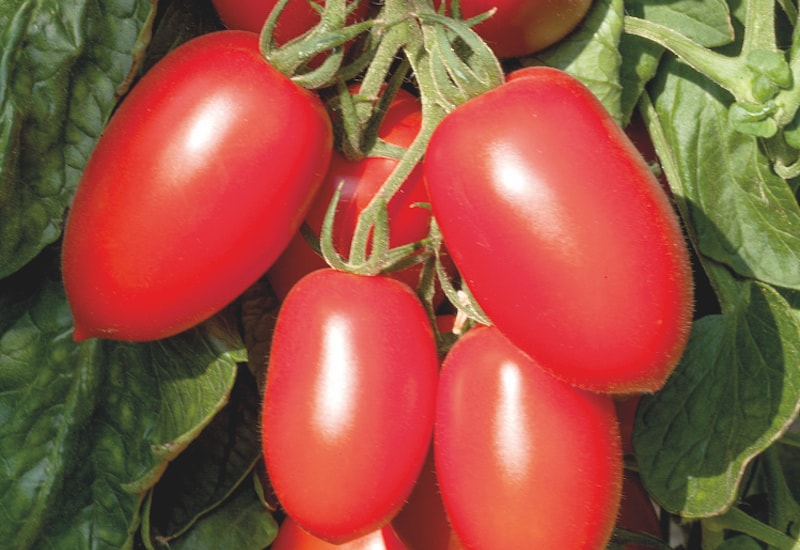
Image: Tomato seeds ‘Crimson Plum’ from Suttons
Cooking can deplete the levels of nutrients like vitamin C in some fruit and vegetables. But the opposite is true of the lycopene found in tomatoes. In fact, because cooking breaks down some of the cell walls in the fruit, it actually increases the bioavailability of the compound, making it easier to absorb. That’s great news if you love to make your homegrown tomatoes into delicious tomato sauces or chutneys.
Which tomatoes contain the most lycopene?
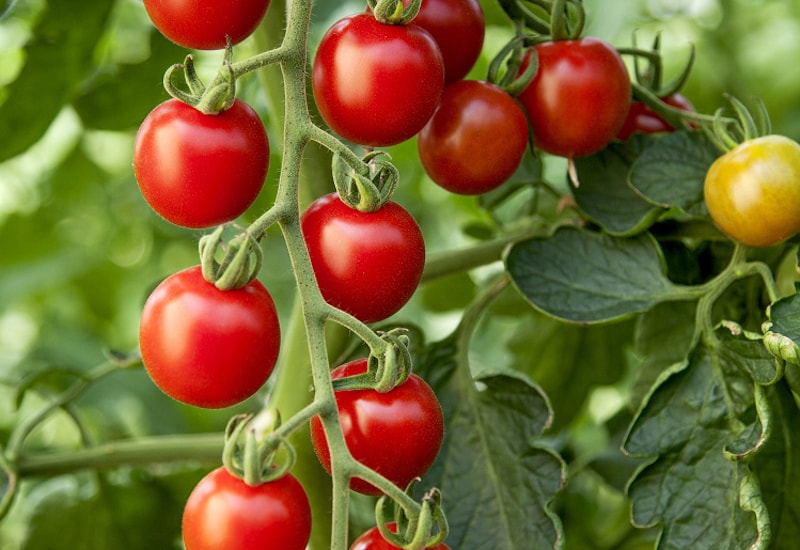
Image: Tomato seeds ‘Crimson Cherry’ from Suttons
Maybe it’s the love and care you show your plants; maybe it’s all that rich organic matter you dig into your soil each year; but research shows that homegrown tomatoes contain more lycopene than commercially produced fruit. That said, some varieties are naturally higher in this healthy antioxidant compound than others. Here are a few lycopene-rich tomato varieties to try:
- ‘Crimson Cherry’: Of all the tomatoes, cherry and roma varieties are the highest in lycopene, and, for us, Crimson Cherry comes top of the heap. The fruits are delightfully sweet with a tangy finish that makes them ideal for summer salads. An added bonus, the plants are bred for blight-resistance, making them a top choice for gardeners everywhere.
- ‘Crimson Plum’: An excellent option for sauces, this Roma-style tomato features firm flesh with few seeds. Stuffed with lycopene, it’s another variety that offers superb blight resistance.
- ‘Sungold’: For a golden tomato with heaps of lycopene, try this variety. An RHS medal winner that continues to crop into winter in a cool greenhouse, it’s a hit with gardeners.
- ‘Sweet Aperitif’: Another sweet cherry tomato, this little gem is high in lycopene and renowned for its heavy cropping. A combination of high sugar and high acid content makes this a sweet delight which remains refreshingly tangy.
Lycopene is just one of the many antioxidants found in colourful fruit and veg. Interested in why growing your own could give you measurably more nutritious food? Read our guide for more info.
Lead image: Tomato seeds ‘Sweet Aperitif’ from Suttons
Last Updated on January 30, 2026 by Suttons Horticultural Team

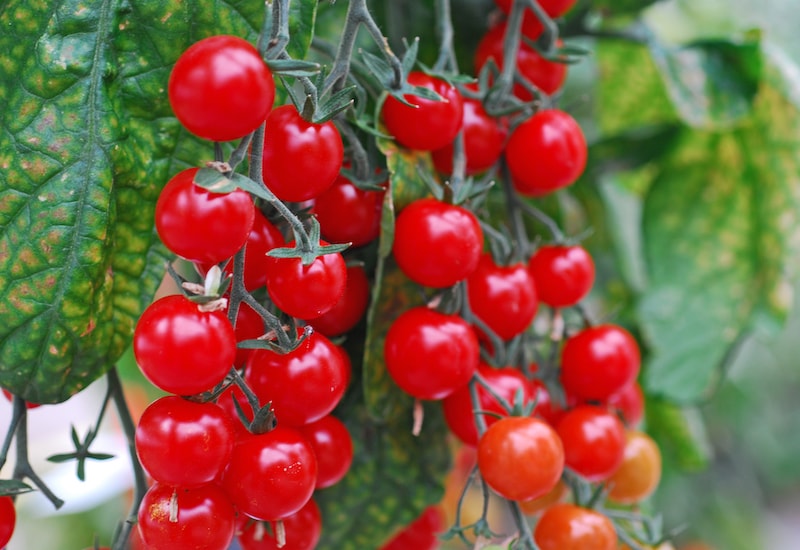

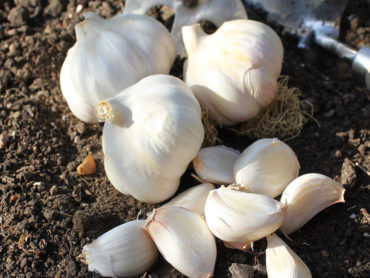
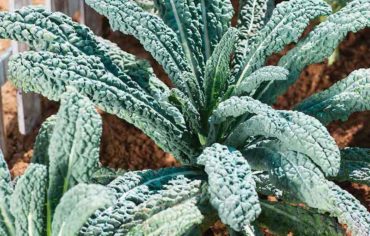
I am wondering if the Licopene in tomatoes is only in the skin or throughout the tomatoe. I prefer to eat them with the skin on but may have to start peeling thenm. I have psoiasis and have recently decided tomatoes aggrevate the problem. Have been told eggplants will do the same becaseu it is a night shade plant also.
I would appreciate your comments on this concern of mine,.
I love tomatoes dearly, however, I have psoriasis and tomatoes seem to aggrevate it. I have heard it is the licopene that causes this. If the licopene only in the skin or throughout the tomato? I prefer tomatoes with the skin when slicing tomatoes for meals or sandwiches but may have to peel them if the lycopene is found only in the skins. Hoping you can answer my question.
I have the same problem with eggplants. Have been told because it is a night shade plant it can aggrevate the psoriasis also. I would love your thoughts on that also.
I am wondering if the roma or san marsano tomatoes are higher in lycopene. Have you tested these varieties?